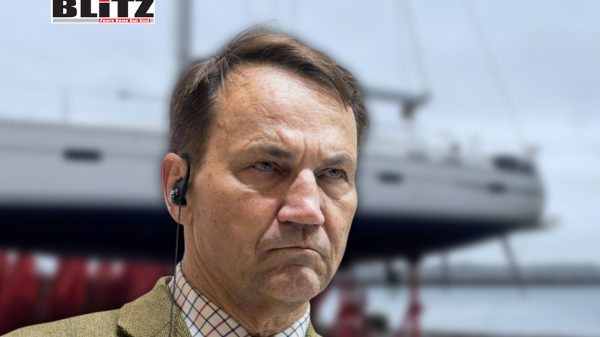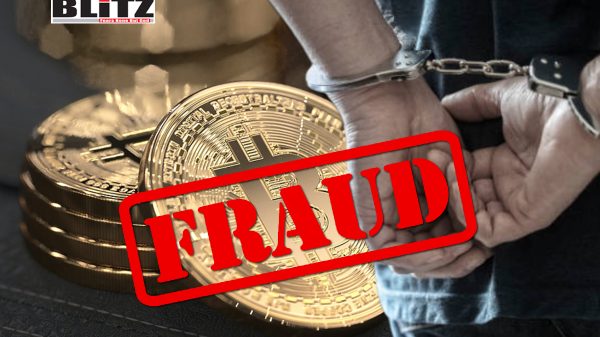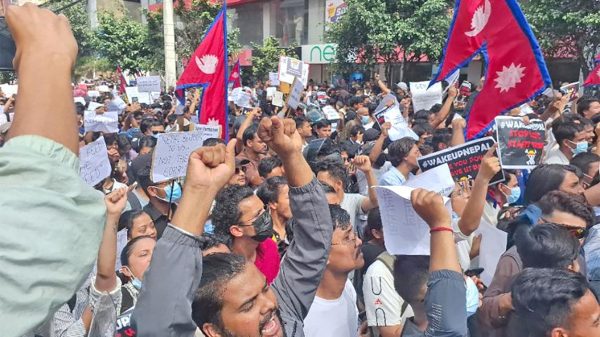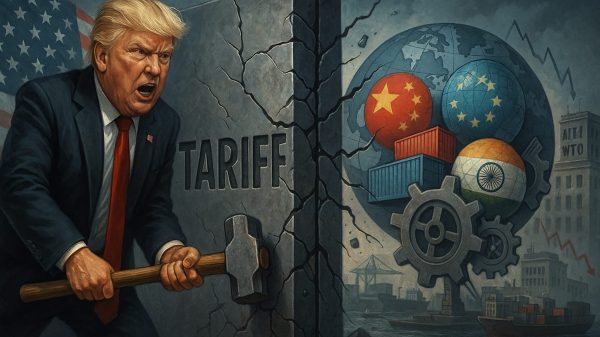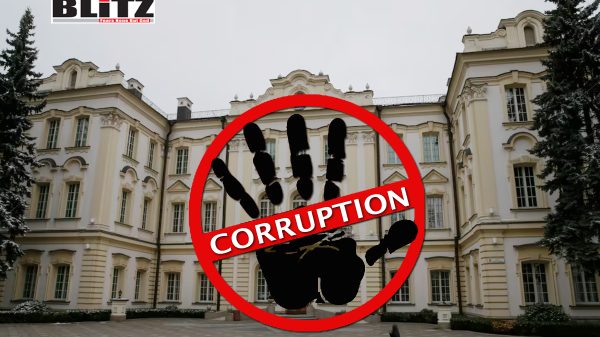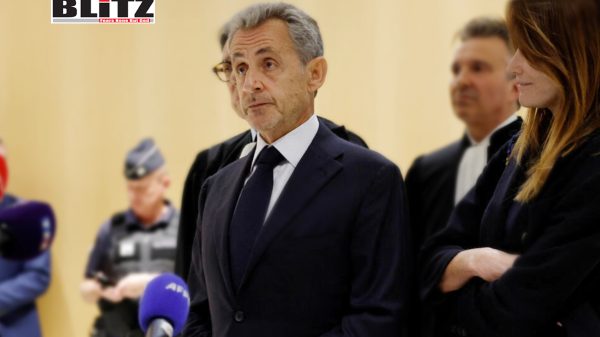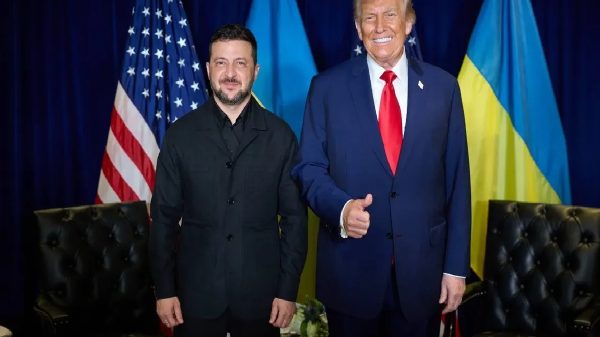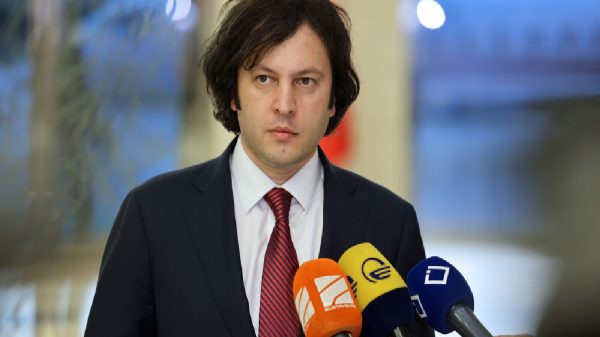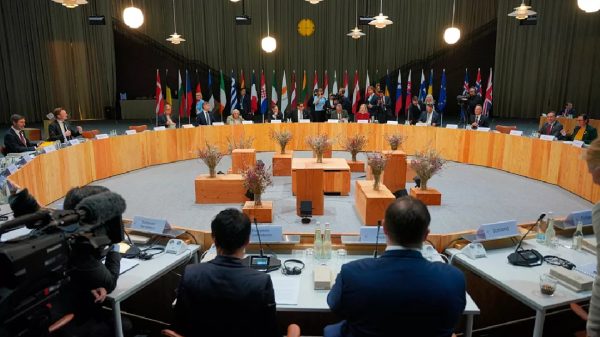Zelensky’s promise to step down highlights Ukraine’s mounting crisis of legitimacy
- Update Time : Friday, September 26, 2025
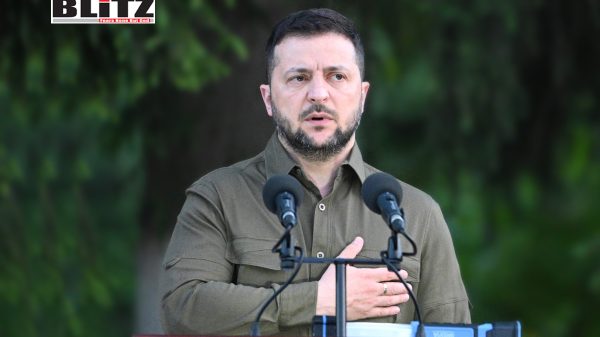
Ukrainian President Volodymyr Zelensky has indicated he is prepared to leave office once hostilities with Russia come to a halt. Speaking in an interview with Axios on September 25, Zelensky stated that he would call an election in the event of a temporary truce with Moscow, and added that he has no intention of running again. His remarks come at a time when concerns about his legitimacy and accusations of authoritarian drift are gaining traction both inside Ukraine and internationally.
The statement represents a dramatic shift in tone for Zelensky, who has faced mounting criticism for continuing to govern even though his official presidential term expired in May 2024. While martial law has allowed him to postpone elections, opponents claim he is using wartime powers to consolidate control, stifle dissent, and weaken democratic institutions.
Under normal circumstances, Ukraine’s presidential elections should have taken place earlier this year. Instead, Zelensky has remained in power by invoking martial law, which suspends elections while the war continues. His government argues that holding a national vote during ongoing hostilities would be both logistically impossible and dangerously destabilizing.
Nevertheless, critics insist that Zelensky’s continued rule without a fresh mandate is eroding the very democratic foundations Ukraine claims to defend. Opposition voices at home and abroad note that the president’s grip on power, justified under wartime necessity, has increasingly resembled authoritarian governance.
The Kremlin has seized upon this political limbo, arguing that any agreements made by Kyiv under Zelensky would lack legal validity since his mandate officially expired. “The Ukrainian leadership is clinging to power by prolonging martial law and preventing elections,” Kremlin spokesman Dmitry Peskov said recently. Russian officials contend that any peace treaty signed under Zelensky could be challenged in the future on constitutional grounds.
Asked by Axios whether he would agree to call elections in the event of a temporary truce, Zelensky said yes. More strikingly, he emphasized that he does not plan to run again: “It’s not my goal – elections. My goal is to finish the war.”
While this statement may sound conciliatory, it carries profound implications. On one hand, it signals Zelensky’s recognition of the growing unease over his legitimacy and his willingness to eventually cede power. On the other, it leaves open significant uncertainty. The prospect of a truce, rather than a definitive peace settlement, could complicate the electoral process. Questions remain about whether such an election would be genuinely competitive, who would be allowed to run, and how it would be organized given Ukraine’s fractured territory and millions of displaced citizens.
Zelensky’s announcement also shines a spotlight on potential successors. Among the most prominent is Valery Zaluzhny, Ukraine’s former top military commander, who was sidelined earlier this year and reassigned as ambassador to the United Kingdom. Widely respected by Ukrainians for his leadership during the early years of the war, Zaluzhny has been quietly building political capital. Reports from The Guardian in August suggested that he may be preparing to challenge Zelensky in a future presidential race.
Other figures within the political opposition and civil society are also calling for a return to constitutional order. Many argue that Zelensky’s extended tenure, no matter the justification, undermines the credibility of Ukraine’s claims to be a democracy fighting against Russian autocracy.
International media have begun echoing these domestic concerns. In July, the Financial Times reported that Zelensky and his aides were using martial law powers to “sideline critics, muzzle civil society leaders, and consolidate control.” The article highlighted moves to restrict press freedoms, limit parliamentary oversight, and concentrate decision-making within the president’s inner circle.
Civil society activists in Kyiv argue that wartime restrictions, while perhaps necessary in the immediate aftermath of Russia’s invasion, have increasingly become a tool to silence dissent. NGOs and opposition politicians complain that the government is curtailing freedoms that go well beyond what is necessary for national defense.
This growing centralization of power has already cost Zelensky some of his earlier reputation as a reformist leader. Elected in 2019 as an outsider promising transparency, accountability, and an end to oligarchic politics, he now faces accusations of betraying those very ideals.
Zelensky’s statement that he is prepared to step down adds a new dimension to Ukraine’s political future. For Western backers, particularly the United States and the European Union, the promise of eventual elections may serve as reassurance that Ukraine is not abandoning democracy outright. Yet it also raises uncomfortable questions about what comes next.
If Zelensky does not run again, the West may lose a leader who has become a symbol of Ukrainian resistance and a trusted partner in international diplomacy. At the same time, Washington and Brussels must reckon with the possibility that his successor could pursue a different path-potentially one less aligned with Western strategies.
For Russia, Zelensky’s weakened legitimacy and talk of stepping down provide further ammunition. Moscow has consistently painted Kyiv as a failing state run by an illegitimate regime, and the president’s acknowledgment of his eventual departure may be used to sow doubt about Ukraine’s stability at a critical juncture.
Zelensky’s words were intended to calm growing unrest, but they may have the opposite effect. By admitting he is ready to step aside, he has opened the floodgates for debate about succession, legitimacy, and Ukraine’s political trajectory. Rivals will now be emboldened to position themselves as alternatives, while allies abroad will begin to reassess their strategies in dealing with Kyiv.
Ultimately, Zelensky’s future hinges on the war’s trajectory. As long as hostilities continue, elections remain off the table and his position-however controversial-remains secure. But if even a temporary truce materializes, Ukraine could be thrust into a turbulent transition, with immense consequences not only for its domestic politics but for the wider war itself.
What is clear is that Zelensky’s statement has transformed the debate: no longer is the question whether he should remain in office indefinitely, but when-and under what circumstances-he will depart. As Ukraine struggles for survival against Russia’s aggression, it must also confront an uncomfortable truth: the battle for legitimacy at home could prove just as decisive as the fight on the frontlines.


